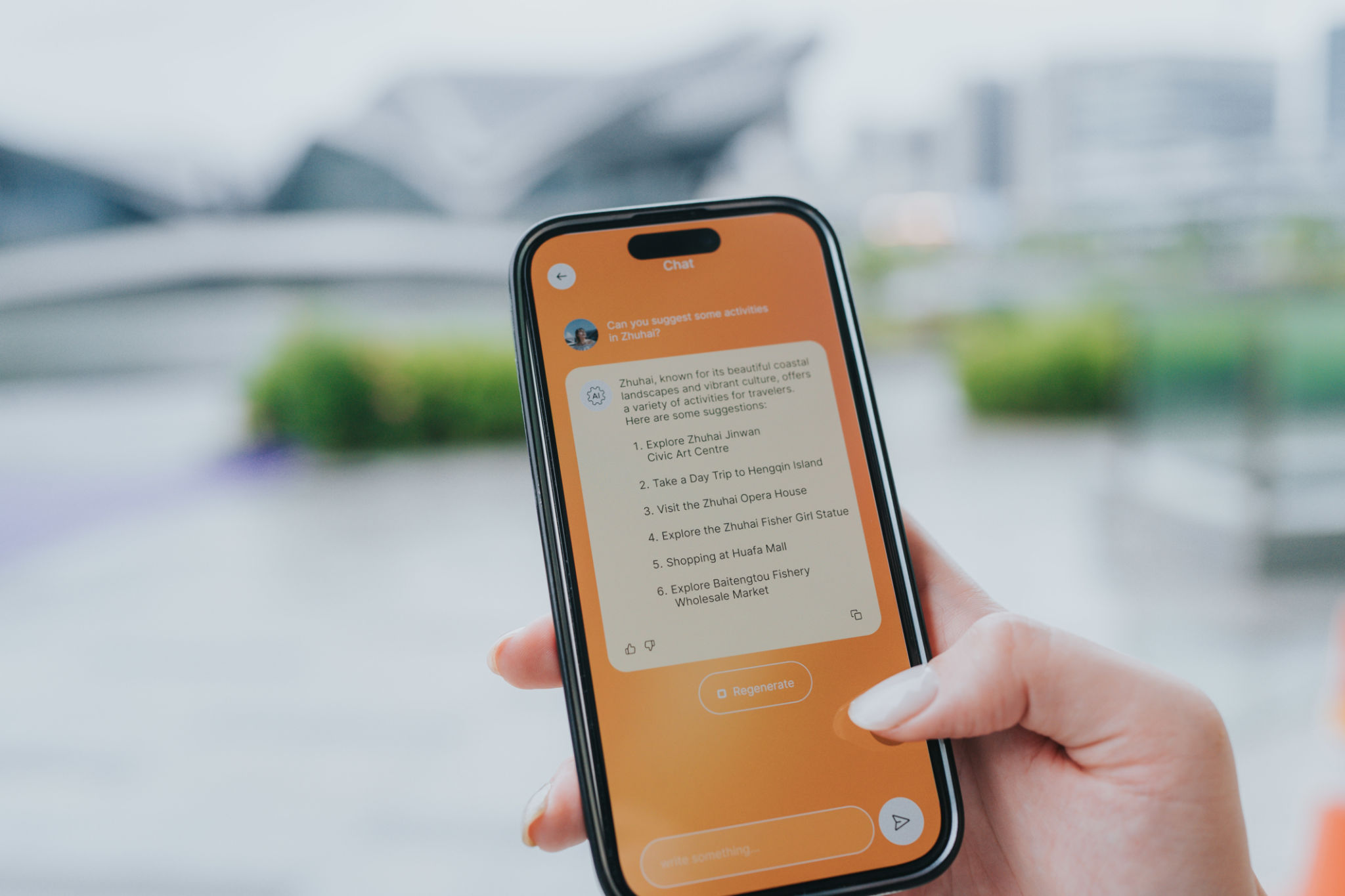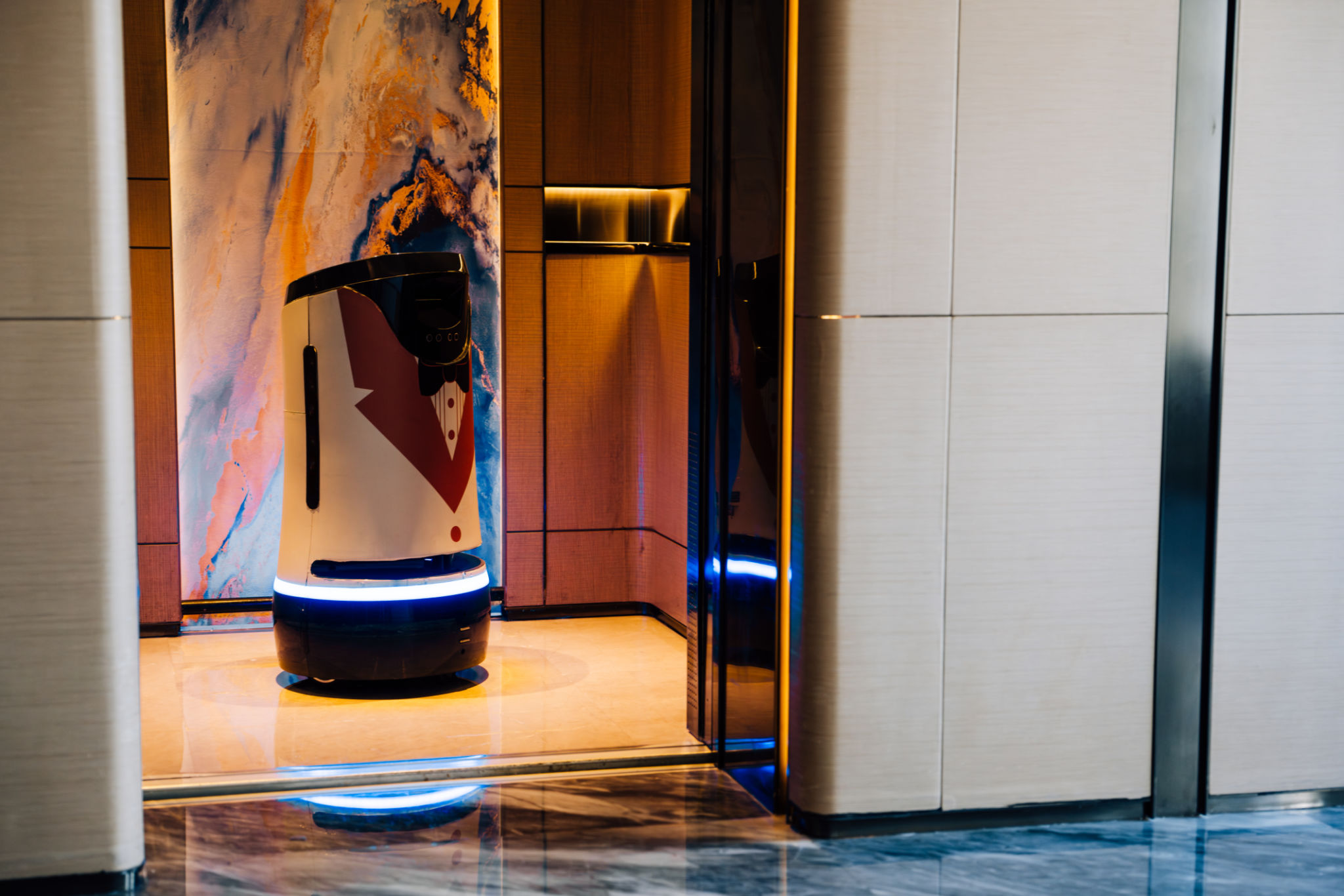Improving Hospitality Experience: The Role of AI in Customer Engagement
In today's fast-paced world, the hospitality industry is constantly seeking innovative ways to enhance customer experiences. With the rise of technology, Artificial Intelligence (AI) has emerged as a key player in transforming how hotels and restaurants engage with their guests. By leveraging AI, businesses can offer personalized experiences that cater to individual preferences, making each visit memorable.

Understanding AI in Hospitality
AI in the hospitality sector involves the use of machine learning, natural language processing, and data analytics to understand and predict customer behavior. This technology allows businesses to automate tasks, streamline operations, and provide tailored services that meet the unique needs of each guest.
One of the most significant benefits of AI is its ability to analyze vast amounts of data quickly. By doing so, it can identify patterns and trends that would be impossible for humans to detect manually. This data-driven approach enables businesses to make informed decisions that enhance the guest experience.

Personalized Customer Interactions
Personalization is at the heart of AI-driven customer engagement. By analyzing past interactions and preferences, AI can offer recommendations and services that align with a guest's tastes. For example, a hotel can use AI to suggest dining options, spa treatments, or local attractions based on a guest's previous stays.
Moreover, AI-powered chatbots can engage with guests in real-time, answering queries and providing assistance 24/7. This instant communication not only improves customer satisfaction but also frees up staff to focus on more complex tasks.
Enhancing Operational Efficiency
AI doesn't just improve customer interactions; it also boosts operational efficiency. By automating routine tasks such as check-ins, room service requests, and feedback collection, AI allows staff to concentrate on delivering exceptional service. This streamlining of operations leads to faster response times and reduced human error.

Additionally, AI can optimize resource allocation by predicting demand patterns. For instance, hotels can adjust staffing levels based on expected occupancy rates, ensuring that they are neither overstaffed nor understaffed.
Future Trends in AI and Hospitality
The future of AI in hospitality looks promising, with advancements in technology paving the way for even more innovative applications. We can expect to see more sophisticated AI systems that can predict customer needs with greater accuracy. Virtual assistants, augmented reality experiences, and voice-activated controls are just a few examples of what the future holds.
As AI continues to evolve, it will undoubtedly play a crucial role in shaping the hospitality industry, offering new opportunities for enhancing customer engagement and operational efficiency.
